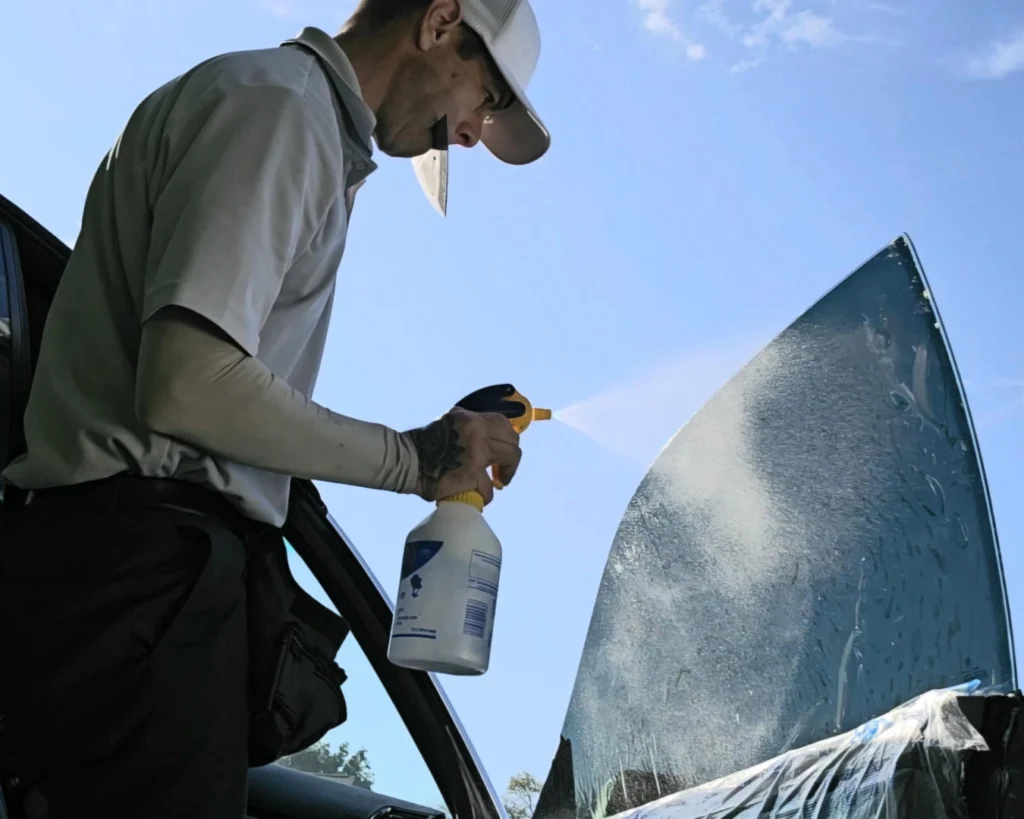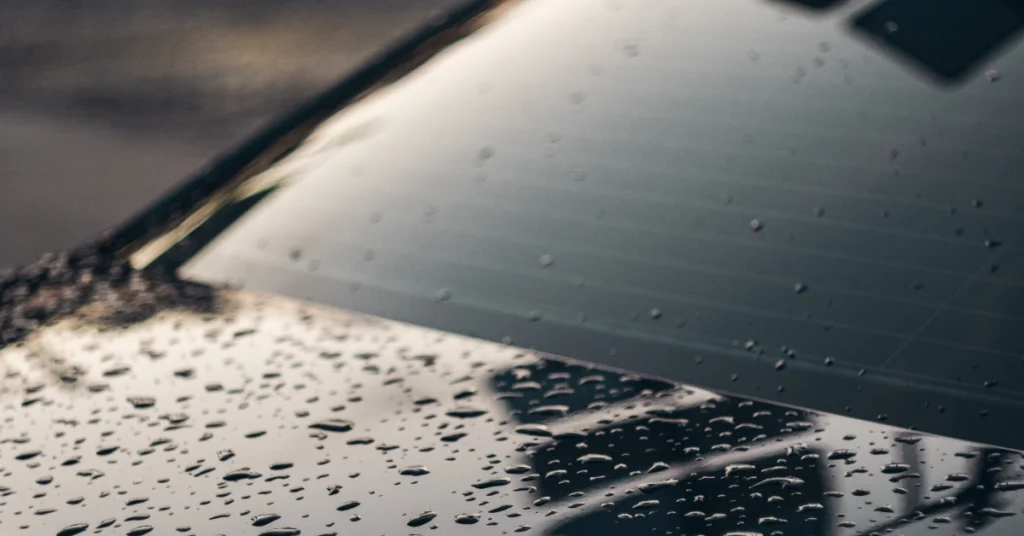
5 Misconceptions About Window Tint | Separating Fact From Fiction
As a consumer, it is crucial to have accurate information when making the final decision about window tinting for our homes, offices, or vehicles. Unfortunately, there are numerous common myths surrounding this topic that can lead to confusion and misguided choices. In this article, we will debunk these myths and provide you with the facts you need to make informed decisions about the 5 misconceptions about window tinting. So, let’s separate fact from fiction and explore the truth behind these common misconceptions about window tinting.
Understanding these 5 misconceptions about window tint can help you choose the right options for your needs.
What Are We Waiting For, Lets Dig into the Top 5 Misconceptions About Window Tint
Myth 1: Window Tinting Is Illegal
In the United States, window tinting is legal as long as it adheres to specific regulations set by each state. These regulations typically include limits on the darkness of the tint and restrictions on which windows can be tinted. It’s important for consumers to familiarize themselves with their state’s laws and regulations to ensure compliance and avoid any potential legal issues.
To learn more about your state’s regulations governing window tinting, please select your state:
More results...
Myth 2: Window Tinting Reduces Visibility
Modern advancements to the technology of window film manufacturing ensures that visibility is not compromised. High-quality window films are designed to provide optimal clarity while still drastically reducing glare and blocking nearly all the harmful UV rays. This misconception often stems from outdated information and inaccurate assumptions.
Ceramic films have the ability of offering superior heat reduction while, in some cases, being virtually clear.
Myth 3: Window Tinting Causes Damage to Windows
Window tinting involves using a thin film made of polyester and metalized coatings. This film is designed to block out harmful UV rays and regulate the amount of heat and light entering through the windows. The installation process typically includes cleaning the windows thoroughly, measuring and cutting the film to fit the window size accurately, and applying it using a special adhesive. When installed correctly, window tint should not cause any damage to the glass or affect their functionality.
Research the installer or installing companies’ credibility before having your vehicle, home or building serviced. Even professionals make mistakes, but a credible company will stand behind their product or service.
Myth 4: Window Tint Is Only for Aesthetics
Window tinting offers various functional benefits for consumers. It provides effective UV protection, blocking harmful ultraviolet rays from entering the interior of a vehicle or building. This helps to safeguard occupants from potential skin damage and fading of upholstery or furniture. Additionally, window tinting can significantly reduce heat transmission through windows, enhancing energy efficiency and creating a more comfortable environment.
Window Film is listed as a recommended product on the Skin Cancer Foundation‘s website.
Myth 5: Window Tinting Is Expensive
Window tinting can be a cost-effective choice in the long run due to its potential for energy savings, reduction in cooling costs and protective nature. By blocking out a significant amount of heat and UV rays, having your windows tinted can help preserve your vehicle or home’s interior and maintain a cooler indoor temperature. By reducing the reliance on air conditioning units (or heaters in the winter) energy consumption is decreased and your overall expenses associated with cooling or heating are reduced over time.
Key Points
- Each state has its own set of laws and regulations that govern window tinting.
- Darker doesn’t always mean better, some of the most effective films are clear in nature.
- The Window Film itself does not harm or damage the glass or window its adhered too.
- Window tint is recommended to block harsh UV radiation know to be a cause for skin cancer
Consider window tinting as a viable option for enhancing your privacy, protecting your skin from harmful UV rays, and reducing glare. Don’t let myths and misconceptions deter you from taking advantage of the benefits that window tint can offer. Take a step towards a more comfortable and energy-efficient living space by exploring the possibilities of window tinting today.


